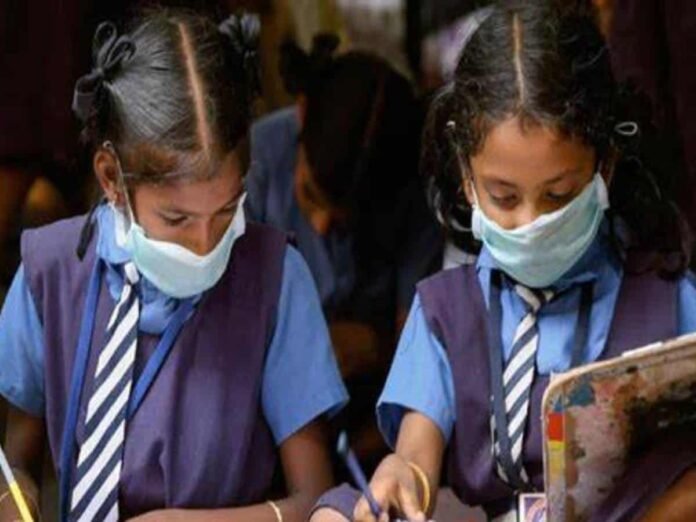The government of Telangana has issued an invitation for applications to fill vacant seats at residential schools in the state. The schools, known as BC residential schools, are designed to provide quality education and accommodation for children from backward classes. The initiative is part of the government’s efforts to improve access to education and reduce the dropout rate among marginalized communities.
The BC residential schools offer a range of academic and extracurricular activities, including sports, music, and cultural programs. Students receive free education, accommodation, and meals, as well as access to medical facilities and counseling services. The schools are staffed by qualified teachers and support staff who provide individualized attention and support to each student. The curriculum is designed to meet the needs of students from diverse backgrounds and prepare them for higher education and employment opportunities.
The invitation for applications is open to students from backward classes who have completed primary education and meet the eligibility criteria. Applicants must submit their application forms along with relevant documents such as birth certificates, caste certificates, and academic records. The selection process is based on merit and involves a written test, interview, and medical examination. Successful applicants will be offered admission to one of the BC residential schools based on their performance in the selection process.
In conclusion, the BC residential schools in Telangana offer an excellent opportunity for children from backward classes to receive quality education and access to a range of facilities and services. The invitation for applications is a positive step towards improving access to education and reducing the dropout rate among marginalized communities. Parents and caregivers are encouraged to take advantage of this opportunity and submit their applications before the deadline. With the right support and resources, every child can achieve their full potential and contribute to the development of their communities.

